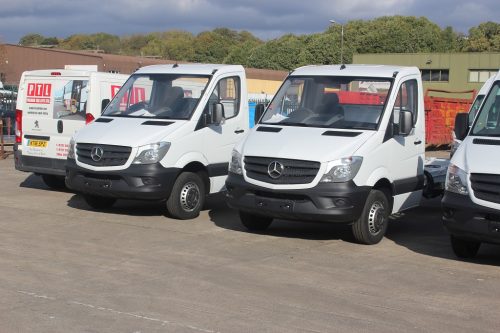
James Day meets Helen Day, Sales Director at Treka Bus, to discover how the company has enjoyed sustained success by creating a niche for itself and becoming the best at delivering it
Treka Bus has quietly developed into the largest accessible bus converter for high-floor product in the UK over the last decade. Since the business was incorporated as Treka Bus Ltd took over UV Modular (UVM) in 2009, the output of coachbuilt and van converted minibuses has increased from two vehicles per week to seven, with staffing levels increasing threefold and repeated large orders from the ‘big three’ rental firms in the UK – London Hire, Dawsonrentals and Enterprise.[…]
By subscribing you will benefit from:
- Operator & Supplier Profiles
- Face-to-Face Interviews
- Lastest News
- Test Drives and Reviews
- Legal Updates
- Route Focus
- Industry Insider Opinions
- Passenger Perspective
- Vehicle Launches
- and much more!


